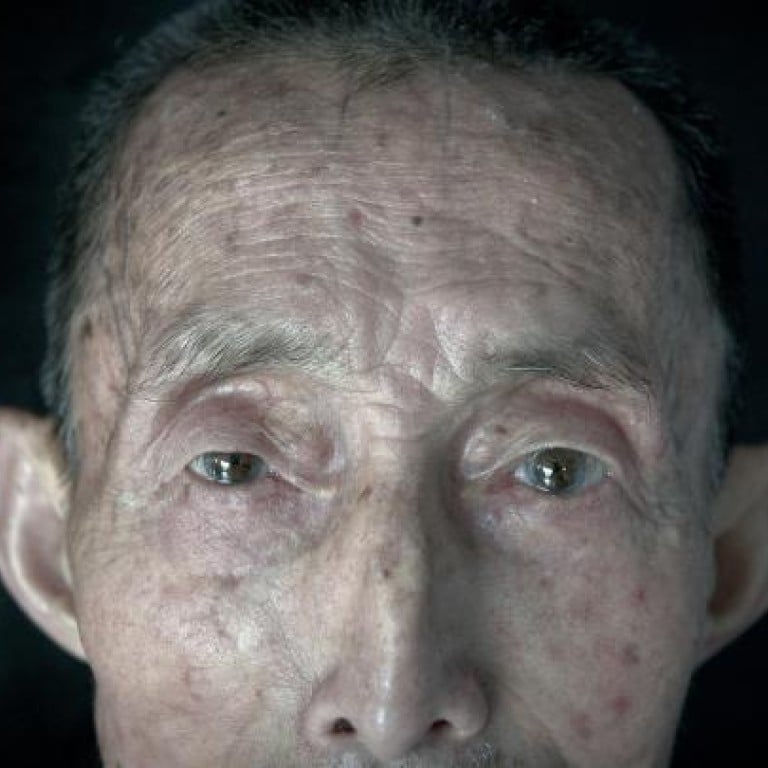
Ageing population pushes up costs of getting old
As more people live longer, the need to pay for old age is pushing up the requirement for retirement savings and health-care insurance products
Asia's ageing population is increasing the demand for health-care and retirement products in the region, says Paul Murray, the managing director of life and health products for Swiss Reinsurance.
Murray said almost all countries in Asia had an ageing population, with India one of the few exceptions.
"Birth rates are decreasing while people are living longer. These factors have led to the overall ageing of the population in the region," he said.
The overall life expectancy in Asia stood at 67.5 years in 2005, up from 41 years in 1955, Murray said, quoting United Nations statistics.
By 2045, it is expected that the overall life expectancy in the region will have increased to 77.
In Hong Kong, life expectancy is the second-highest in the world at 81.5 years in 2005, just below Japan's 81.9 years, and well above a world average of 64.7 years.
By 2045, Japan's life expectancy is expected to remain at the top of the league at 88.3 years - meaning the average year of birth for people dying in Japan that year would be 1956 - followed by Hong Kong at 86.9 years, with the world average expected to reach 74.7 years.
As people live to an older age, they would need to prepare to face more medical expenses associated with living longer, Murray said. "People will also need to save more money for their post-retirement lives, as they are expected to live longer after retirement," he said.
Currently, many people in Asia still relied on their governments to provide pensions and medical care, but this will not be enough in future decades.
"Many countries provide only a minimum in health-care and retirement funding. This is not going to be enough for most people to maintain their same lifestyles after their retirement. It would be better for people to have their own health-care insurance and retirement plans to prepare for their old age," Murray said.
In addition, he said, interest rates that were close to zero in Hong Kong and Japan would make it more difficult for people who left their savings on deposit with banks to fund their retirement.
"Low interest rates mean bank deposits provide only a low return to the retiree and many people would need to save more money for their retirement funds," Murray said.
Longer life expectancy may also mean people would need to retire at a later age. Murray said Hong Kong people expected they could retire at 62, while their counterparts on the mainland expected they could retire at 58.
"Both Hong Kong and mainland Chinese people are pretty optimistic expecting that they could retire so early.
"South Koreans expected to retire at 72."
Murray said the governments in Asia could consider offering tax incentives for people to voluntarily contribute more to their retirement plan to prepare for their old age.

